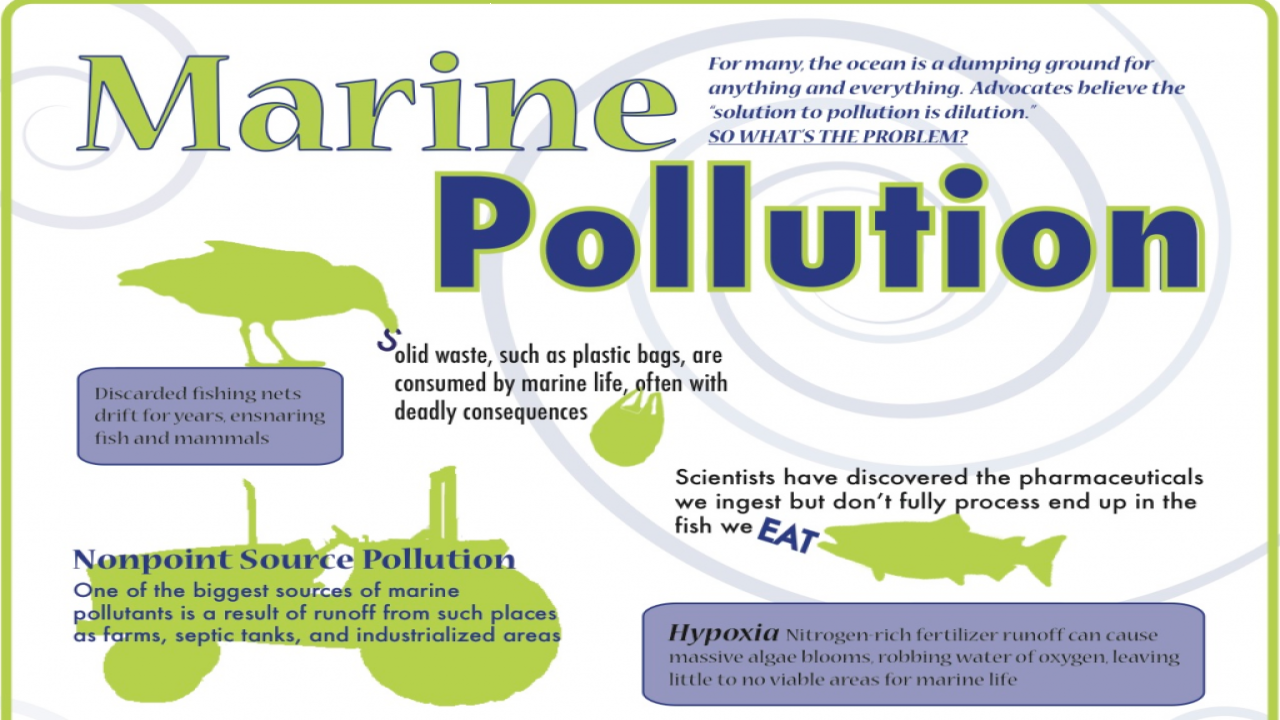Law of the sea and Marine Pollution
The oceans are a vital part of the global ecosystem, supporting important economic, cultural, and ecological benefits. However, the oceans are under threat from a range of human and natural impacts, including pollution and overfishing.
Law of the Sea
The law of the sea is a set of international agreements and principles that govern the use and management of the oceans. These agreements cover a wide range of issues, including territorial waters, fishing rights, and marine pollution.
One of the most significant agreements is the United Nations Convention on the Law of the Sea (UNCLOS), which was adopted in 1982. UNCLOS established a framework for the use and management of the oceans, including the establishment of exclusive economic zones and the protection of marine biodiversity. UNCLOS has been ratified by over 160 countries, making it one of the most widely accepted international agreements.
Marine Pollution
Marine pollution is one of the most significant threats to the oceans, with significant ecological, economic, and social impacts. Marine pollution can come from a range of sources, including land-based activities, shipping, and offshore oil and gas production.
The impacts of marine pollution are significant, and can include the loss of marine biodiversity, economic impacts on fisheries and tourism, and impacts on human health. Marine pollution can also have significant impacts on coastal communities and vulnerable populations, particularly in developing countries.
International Agreements
International agreements have played a significant role in addressing marine pollution, establishing a framework for the use and management of the oceans, and promoting sustainable practices.
The International Convention for the Prevention of Pollution from Ships (MARPOL) is one of the most significant international agreements addressing marine pollution. MARPOL was adopted in 1973 and has been updated several times since. The agreement establishes regulations for the discharge of pollutants from ships, including oil, chemicals, and sewage. MARPOL has been widely accepted and has helped to significantly reduce the amount of pollutants discharged from ships.
In addition, the London Convention on the Prevention of Marine Pollution by Dumping of Wastes and Other Matter (LC) is another important international agreement addressing marine pollution. LC was adopted in 1972 and has been updated several times since. The agreement regulates the dumping of wastes and other matter at sea, including radioactive waste and plastics. LC has helped to significantly reduce the amount of waste dumped at sea and has contributed to the protection of marine biodiversity.
Impacts of International Agreements
International agreements have had significant impacts on the use and management of the oceans, particularly in addressing marine pollution. These agreements have helped to establish a framework for the protection of the oceans and promote sustainable practices.
However, there are still significant challenges in implementing and enforcing these agreements, particularly in developing countries where resources may be limited. In addition, new threats, such as plastic pollution and climate change, require new and innovative approaches to address.


